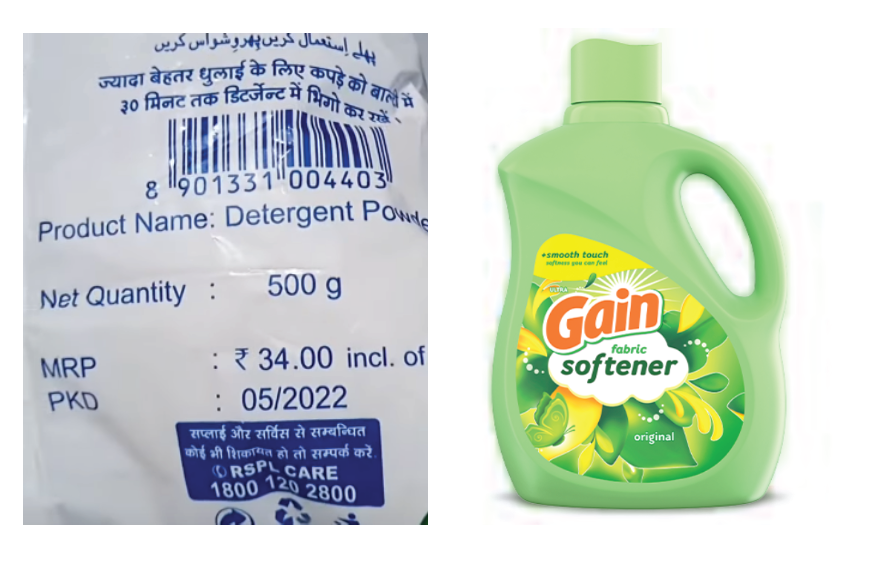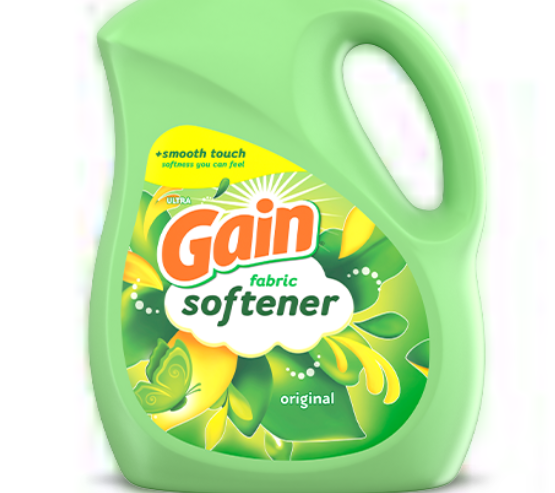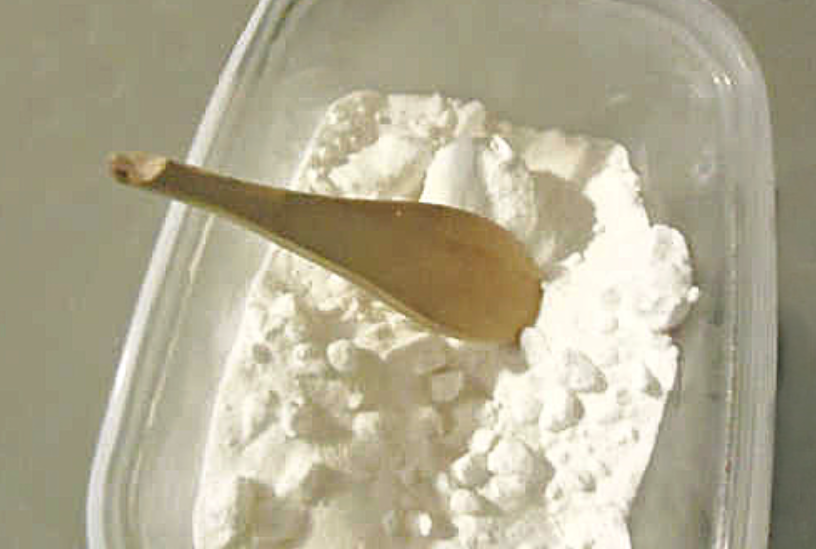Many people ask, “Does Laundry Detergent Have an Expiration Date? ” Find out how long unopened and opened detergent lasts, signs of degradation, storage tips, and whether expired detergent is still effective.
Many people ask: Does laundry detergent expire? Good news! Most detergent bottles do not have a strict expiration date. However, that doesn’t mean they last indefinitely. Like many household items, detergent can lose effectiveness over time, especially if not stored correctly. This article examines how long different types of detergents remain effective, what to watch for as signs of change, and how storage conditions affect performance.
Is There an Official Expiration Date?
Most laundry detergents don’t have an expiration date printed on them. Many consumer goods come with “best by” dates that indicate peak performance rather than safety. Manufacturers usually guarantee stain-fighting ability for about one year after purchase, although effectiveness may continue beyond that.\

2. What is the duration of the detergent?
Let’s discuss the different durations for the detergents.
a) Sink Detergent
Generally, liquid detergent has a shelf life of 9 to 12 months after opening, provided that it is stored properly. They could keep until two years when unopened bottles are not likely to lose their cleaning ability due to active enzymes.
b) Detergent powder
Detergent powder takes a longer time to go bad. It usually stays completely potent once opened between 18-24 months, and when unopened, it lasts around 12-18 months.
c) Dent Tablets and Dent Pods
Enzymes and concentrated cleaning agents are usually put into pods or packets. They typically retain a full range of action for 12 months, though some users report up to 18 months of shelf life as long as kept in a cool, light-free environment.
Why Detergent Becomes Less Effective Over Time
a) Enzyme Breakdown
Many modern detergents have enzymes to break down stains like blood, grass, and grease. Enzymes degrade gradually, especially with heat or moisture exposure. This means that over time, stains may not lift as effectively.
b) Separation of Ingredients
Liquid detergents can separate or become watery when kept in high heat or near sunlight. Powders may clump or harden with moisture exposure, reducing their ability to dissolve and work properly.
c) Loss of Fragrance or Surfactant Performance
Fragrances can fade, and surfactants (the cleaning agents) may break down, making the detergent less effective in cleaning and rinsing.
How to Identify a Degraded Detergent
Use your senses:
- Smell: If the scent is faint or smells bad, it might be less effective.
- Texture: Liquid that appears watery, discolored, or separated indicates breakdown. Powder that is solidified or difficult to scoop may have lost efficacy.
- Performance: If stains don’t fade or clothes don’t smell fresh, effectiveness might have declined—particularly with enzyme-based formulas.

Does Expired Detergent Harm Clothes or Machines?
Expired detergent isn’t harmful. It won’t damage fabrics or appliances. However, its reduced cleaning ability may cause residue buildup, dingy laundry, or lingering smells. In rare cases, poorly dissolving powder can block filters or clog dispensers. It’s safe but less effective.
Storage Conditions Affect Shelf Life
a) Avoid Heat and Sunlight
Detergent stored in hot, humid laundry areas or near windows may degrade faster. Keep it in cool, dry places.
b) Seal the Container
Always close the cap tightly. Moisture can cause powder to clump or liquid to separate early.
c) Keep Pods Dry
Pods can swell, break, or become mushy if stored where they encounter steam or moisture.
d) Avoid Extreme Cold
While freezing is uncommon indoors, extreme cold can change detergent consistency—liquid may thicken or separate after thawing.
Storage Tips to Maximize Effectiveness
- Store detergent in a sealed, opaque container in a cool pantry or closet.
- Avoid placing pods in the bathroom if the humidity is high.
- Quickly replace the lid after use to prevent moisture or evaporation.
- Only use alternative containers if they are washed and fully dried before refilling.
What If You Notice Reduced Cleaning Power?
If the detergent produces less foam or doesn’t remove stains well:
- Try using a bit more detergent or adding a booster or oxygen whitener.
- Test on a small load first to ensure no residue remains.
- If it’s truly ineffective, get a new detergent. It’s more cost-effective than throwing out clothes after a poor wash.

Reduced Cleaning Power
Special Cases: Eco-Friendly, Enzyme-Free, or Natural Brands
Detergents labeled “natural,” enzyme-free, or biodegradable might have fewer preservatives. These may break down faster—often within 6 to 9 months if stored improperly. The absence of stabilizing chemicals means their active ingredients lose potency sooner. Always check packaging for specific guidance.
Does Water Hardness or Washing Temperature Make a Difference?
Hard water, cold washes, and low-efficiency washers can worsen declines in detergent performance. Aging detergent struggles most in less-than-ideal conditions. Switching to warm water, pre-treating stains, or adding a water conditioner can help.
Real-World Notes from Consumers
On forums like Reddit and consumer review sites, users report:
- “I found an old bottle of liquid detergent in my pantry. It looked separated and didn’t clean well.”
- “My powdered detergent was clumpy after two years. Once I switched to fresh, my whites were brighter again.”
These stories show how age can affect real cleaning results, even if not officially documented by brands.
Could Expired Detergent Still Be Useful?
Yes, expired detergent can still do some cleaning around the house:
- Use old powder for mopping or pre-rinsing greasy pans.
- Diluted liquid can degrease garage tools or clean tile floors.
- Pods can be used for non-precise jobs like scrubbing outdoor items.
Just don’t rely on them for delicate fabrics, stain removal, or white wash cycles on clothing.
Biodegradable and DIY Versions: Shorter Lifespans
DIY detergent mixes or dry pods often use baking soda, washing soda, vinegar, or other simple cleaners. These powders can last indefinitely if kept fully dry. However, liquid versions with essential oils or vinegar may spoil in weeks. Homemade detergent should be used within 1 to 3 months and stored in airtight, dry containers.
Should You Rotate Detergents?
If you buy detergent in bulk, be sure to use the oldest container first. Store older bottles in front and newer ones in back. Use the smallest or already opened container first. Rotating your stock keeps things fresh and prevents relying on old cleaning agents.
FAQs – Does Laundry Detergent Have an Expiration Date?
Q1: Does Laundry Detergent Have an Expiration Date?
No official expiration date, but effectiveness declines—liquid lasts about 9 to 12 months, powder 18 to 24 months.
Q2: How can I tell if it’s still good?
Check the smell, texture, and cleaning ability. A weak scent or poor stain removal suggests loss of effectiveness.
Q3: Can expired detergent harm clothing?
No—it won’t damage fabric or machines, but less effective cleaning may leave residues or make clothes look dingy.
Q4: How should I store detergent for longevity?
Keep it in cool, dry locations, sealed containers, and avoid humidity or direct sunlight.
Q5: Can I still use old detergent for non-laundry cleaning?
Yes—use it for scrubbing floors, cleaning the garage, or general degreasing tasks.
Conclusion – Does Laundry Detergent Have an Expiration Date?
Laundry detergent doesn’t have a strict expiration date, but over time—and especially with poor storage—it loses its stain-fighting ability. Liquid detergents typically remain effective for 9 to 12 months, powders for up to 24 months, and pods around one year when unopened. Once opened, they can deteriorate faster. Store detergent in sealed containers away from heat or moisture, and evaluate older products for scent, texture, and cleaning ability.
In the end, effective laundry cleaning depends on freshness. If your detergent has been sitting for over a year or fails to clean well, consider replacing it. Expired detergent may not harm machines or fabrics, but it might leave clothes looking less clean, streaky, or still stained. Regular rotation, proper storage habits, and periodic testing ensure your detergent remains effective when you need it most.


